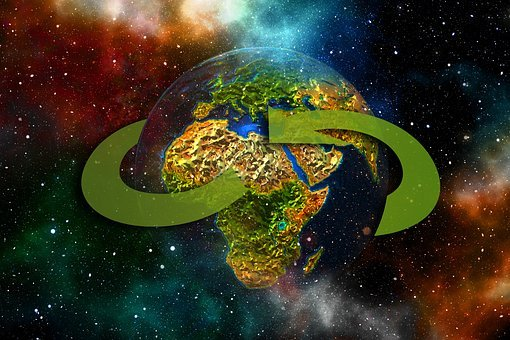Efficient recycling of plastic waste facilitates our transition to a circular economy while helping to reduce greenhouse gas emissions by keeping waste in a circular economy.
Collection and separation processes are the first steps in the recycling of waste. Improvements in these processes are crucial for higher recycling rates. Plastic waste recycling rates are approximately 10 times higher in separate collections compared to mixed collection schemes. Producing materials that can be recycled and reused reduces the need for resources and provides significant benefits for sustainability. The energy needed for the refining and production processes and saving from the produced emissions are among the important benefits of recycling.
How Are Plastics Recycled?
| Collection: Collection of end-of-life plastic products from various wastes | Initial Separation: Although there is some separation at the collection stage, more separation may be required based on color and thickness. | Shredding: Plastics need to be broken down into smaller pieces before they can be reused. |
| Washing: Washing removes dust and dirt to ensure the plastics are clean before moving on to the next step. This may include removing traces of food, drink, or labels. | Second Classification and Control: Plastics are re-sorted and controlled before being extruded. | Extrusion: Plastic flakes are finally formed into homogeneous pellets ready for use in the manufacture of new products |
Chemical Recycling is an evolving recycling approach and provides further benefits for scalability. It covers a range of technologies (pyrolysis, gasification, hydrocracking, depolymerization) that alter the chemical properties of plastic waste. The long hydrocarbon chains that make up plastics are broken down into shorter hydrocarbon fractions or monomers using chemical, thermal, or catalytic (chemical/thermal) processes. These shorter molecules are ready to be used as raw materials for new chemical reactions to produce new recycled plastics and other chemicals. It is a complementary technology with significant potential.
Dissolution recycling is a purification process that allows the polymer in mixed plastic waste to be selectively dissolved in a solvent, separated from the waste without changing its chemical structure, and recovered in its pure form. Several industrial examples of this type of technology already exist and are applied to different polymers such as polyvinyl chloride (PVC), polystyrene (PS), nylon (PA), or polypropylene (PP) to separate them from mixed, multi-material waste.
Organic recycling is defined as the controlled microbiological treatment of biodegradable plastic waste under aerobic conditions (composting) or anaerobic conditions (bio gasification). It applies to specific polymers that can be converted to stabilized organic residues, carbon dioxide, methane, and water under the influence of microorganisms.

Plastic Recycling and Sustainability
To move to a sustainable and circular plastics economy, we need to invest in a zero-waste future, collaborate and develop new technologies. It is an issue that the actors in the plastics recycling sector should focus on if they are to follow new technologies and seize opportunities for the recycling of plastic, which is a material that has many roles in achieving the Green Deal goals and ensuring a sustainable future.
The laser melt filter system, one of these new technologies, provides significant benefits to plastic recyclers in terms of money and labor savings.
With all this, efficiency in plastic recycling can be achieved by improving the automation of the melt filter system used, the level of pollution removal, ease of use, and maintenance cost.
For example; No need for the operator to change the filter, reducing the need to change sieves, maximum impurity output and minimal melt loss save both energy and money, and increase the amount of successfully recycled product, thus protecting the environment and using resources better.
GP Technology company’s GP DUAL F500 laser filtering system, based on the important experience gained in the sector, has been developed to provide great benefits to manufacturers, the economy, and the environment in plastic recycling by having the above-mentioned features in the best way. (For detailed information, you can visit laserfilters.com)
As a result, the use of new technologies in plastic recycling is of great importance in terms of the transition to a circular economy and sustainability. It gives hope for the future to see manufacturers make fast and accurate decisions to follow and effectively use these technologies on behalf of both themselves and the society and the environment.

